After hearing the term customer intelligence platform, one may believe it is software businesses use to analyze customer’s IQ levels. In truth, customer intelligence is a marketing strategy. It refers to gathering and analyzing data about customers’ preferences, behaviors, and buying patterns. Because marketing companies use it, it is not a common phrase for everyday people. However, you may have heard it by its alternative name, customer insight.
Businesses compete with each other to capture the market, increase customer loyalty, and retain existing customers. One way to achieve these goals is by leveraging customer intelligence. Whether you’re a marketer or a curious consumer, you’ll find what you’re looking for about customer intelligence platforms in this article.
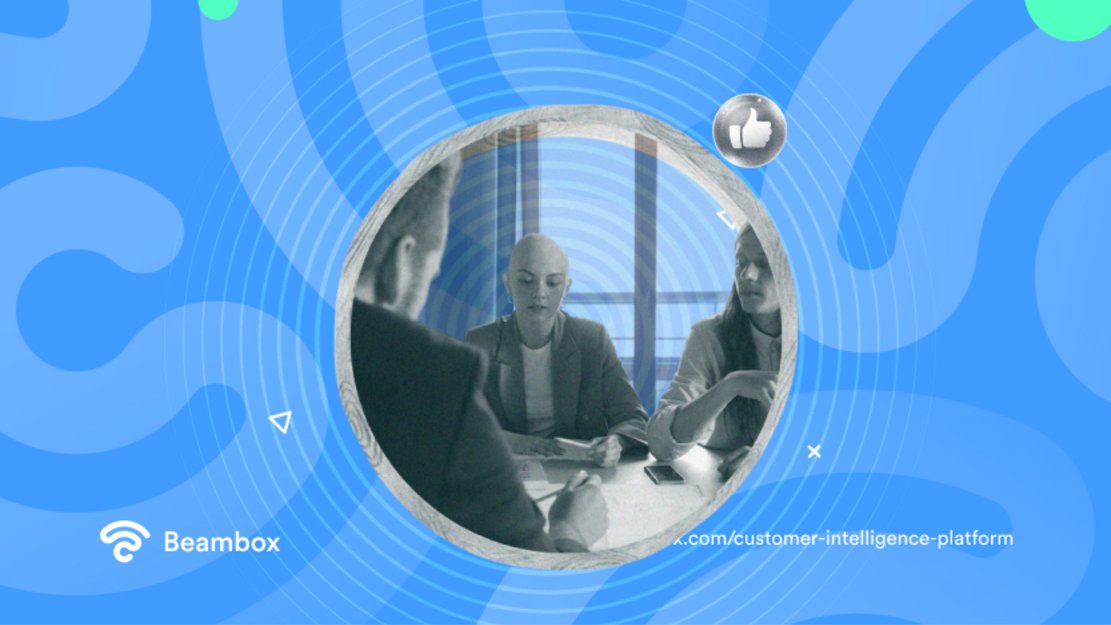
What Is Customer Intelligence?
Customer intelligence is data collection. It is an attempt to gather as much information as possible about customers, their preferences, behaviors, and demographics. Businesses label the collection of this valuable information as data points.
Businesses use these data points to understand their customers better. With this knowledge, businesses can tailor their products, services, and marketing efforts to meet their customer’s needs and expectations.
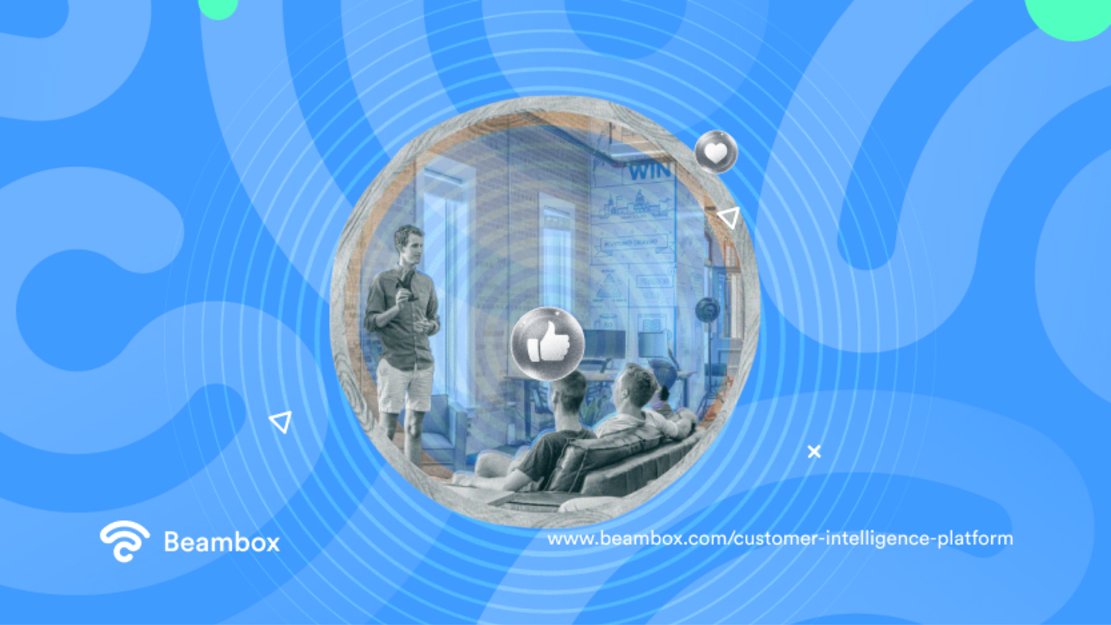
What Are the Different Types of Customer Intelligence Data Points?
Before diving into customer intelligence platforms and customer intelligence tools, let’s look at the different types of data points. Data points are not only for basic demographics like age and gender. In fact, the platform uses numerous data points. However, this guide will focus on the four categories.
Transactional Data
Transactional data is one type of customer intelligence data point. It provides information about the specific purchases and transactions made by customers. It includes details such as:
- The products or services purchased
- The date and time of purchase
- The amount spent
- Any discounts or promotions applied
- The payment method
Analyzing transactional data can help businesses understand customer buying patterns. With this, they can identify popular products or services and optimize pricing strategies to increase sales. Also, it can provide insights into customer loyalty, repeat purchases, and future market trends.
Behavioral Data
Behavioral data, as the name suggests, gathers user behavior based on several factors, such as:
- Customer interaction
- Website interaction
- Social media engagement
- Feedback and reviews
By collecting information from these elements, businesses can identify patterns and trends in customer behavior.
For example, every action a customer performs on the company’s website are all data points. A few actions are adding products to a cart, viewing products, etc. Analyzing these data points can help businesses understand which products or features are most popular among customers.
Customer service interactions, feedback, and reviews can help businesses gain consumer insights on issues, areas for improvement, opinions, and experiences.
Social media engagement is also a valuable behavioral data point. Everyone is on their phones 24/7. Think of social media as the central repository of customer data. Comments, shares, likes, reports, etc., are all data points that can provide businesses with valuable information about customer preferences.
All of this data is integrated into the customer intelligence platform. It allows businesses to analyze and interpret the information in a comprehensive manner.
Psychographic Data
This is a necessary data type that marketers should definitely aim to include in their intelligence platform. Psychographic data consists of four vital elements:
- Customers’ lifestyles
- Customers’ interests
- Customers’ values
- Customers’ attitudes
All of the information provides marketers with a key that they can use to open the minds of their customers. It gives them a deeper understanding of how customers make certain choices depending on various factors. By analyzing the common themes and patterns in psychographic data, marketers can refine their marketing strategies.
It allows marketers to create:
- Personalized and targeted campaigns
- Identify new market segments or niches
- Improve SMS and email marketing messaging relevance
- Build a long-term relationship with customers
- Utilize customer intelligence tools to increase the consumer base
By including this data in their customer intelligence platform, marketers can better understand their target audience’s motivations and behaviors.
Demographic Data
Demographic data is all about getting the following information:
- Age
- Gender
- Location
- Income
Demographic data provides valuable insights into the characteristics of a target audience. By using audience segmentation software, marketers can group customers into different sets. Doing so makes it easy for them to create targeted campaigns, resulting in a higher consumer base and customer satisfaction.
It is important to know what these data represent to integrate them into a customer intelligence platform properly. By leveraging data points, businesses can make informed decisions, develop targeted marketing strategies, and increase their overall consumer base.
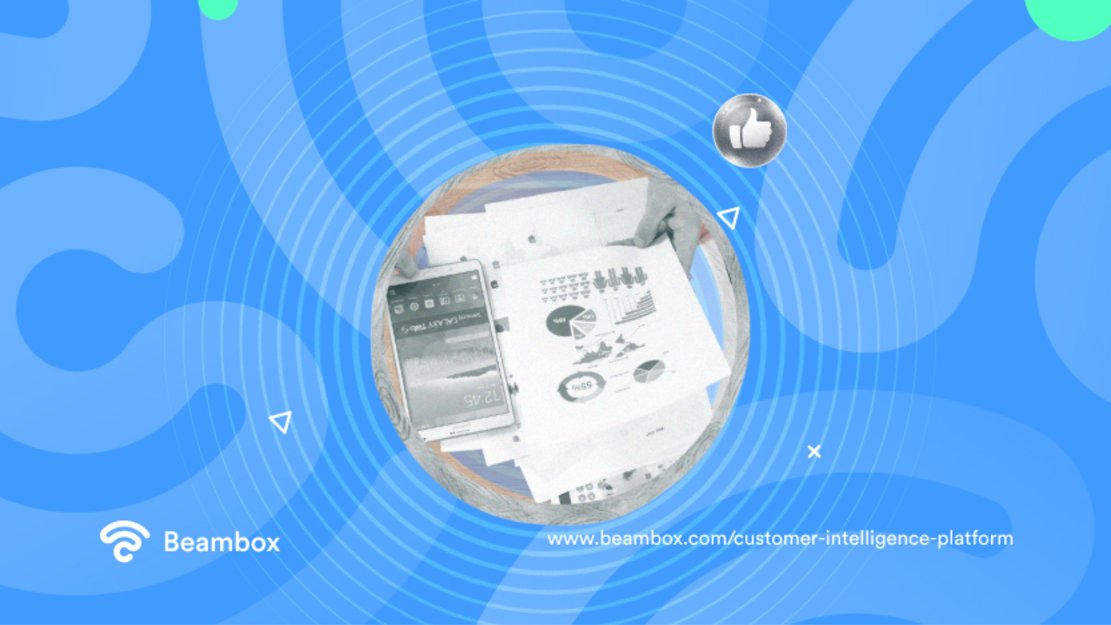
The customer intelligence platform enables businesses to track and measure the effectiveness of their campaigns and initiatives. It helps them optimize their efforts and drive better results. These customer intelligence tools provide the following services:
- Facilitate the collection of data points
- Analysis and management of customer data
- Processing and visualizing data
- Audience segmentation software
- Data analytics and reporting
These are some essential services every platform promises to deliver. However, these platforms are only able to execute customer intelligence. The results they produce depend on the data points collected and how relevant they are to the specific goals and objectives of the company.
To summarize, customer intelligence refers to the process of gathering and analyzing the data. Marketers integrate these data points with customer intelligence platforms so that the software can visually represent customer behavior, preferences, and trends.
You may wonder why businesses prefer to use a customer intelligence platform. They collect valuable customer intelligence through various sources, and marketers study these data points. After accessing all of the information, marketers should be able to make most of the informed decisions. So, why bother with a customer intelligence tool? Yes, there are numerous benefits, but are they enough to trump the manual work and analysis marketers can do independently?
Let’s look at some of the special benefits a customer intelligence platform offers and why marketers rely on them.
To understand the benefits, looking at what this tool offers that marketers cannot produce is vital. It is already clear that analyzing, segmenting, and making future market predictions are some of the things marketers may do. But the question is: what capabilities can customer intelligence platforms provide that make it go above and beyond?
After determining the unique features, it will be easier to understand the benefits of using a customer intelligence platform.
The arrival of artificial intelligence is a game changer in the marketing world. Restaurants use AI to grow their businesses. AI can analyze vast customer data in real-time, providing marketers valuable insights and predictive analytics.
With AI’s if-then and if-else statements, a customer intelligence platform can identify patterns, trends, and correlations that humans may overlook. It enables marketers to make more informed decisions and create personalized customer experiences.
Some customer intelligence platforms provide a deep search feature that scans the entire web, including social media, websites, and databases. They can search for and retrieve results not found by your standard search engine.
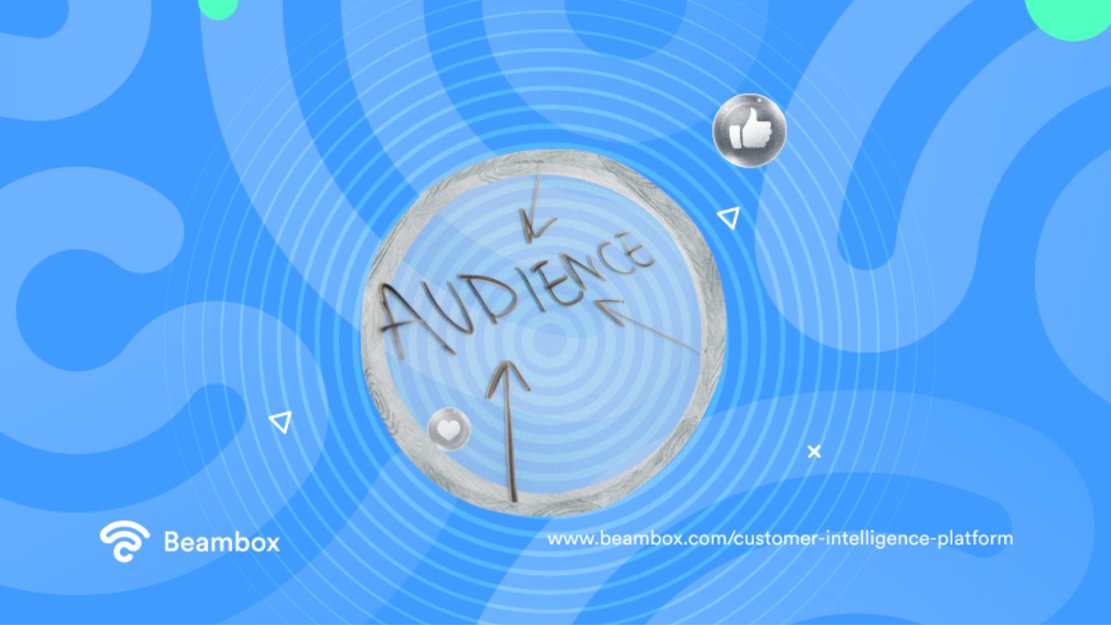
The customer journey is a fancy way of saying that the tool creates a virtual story about a customer. It displays the customer’s interactions with the business at various stages.
For example, a customer journey may consist of the following stages:
- Brand awareness. The brand awareness stage shows when the customer may first become aware of the company through advertisements.
- Consideration. The platform shows the consideration stage, where customers actively research and compare different options before making a purchase decision.
- Purchase. This stage shows when and how the customer made the purchase and at what intervals. The customer intelligence platforms list how a customer does business and the preferred transaction method.
- Retention. This stage focuses on customer retention and loyalty. It involves strategies and efforts to keep customers engaged and satisfied with the company’s products or services. It may involve loyalty programs, personalized offers, and excellent customer service to encourage repeat purchases. The customer intelligence tool shows what marketing strategy a customer responds to the most.
- Advocacy. Advocacy is the final stage of the customer journey, where satisfied customers become advocates for the company. Advocates mean to promote and recommend the company’s products or services to others. The preferred method of promotion is often through testimonials shared on social media platforms—all of which the customer intelligence platform documents.
Due to the benefits listed above, it is clear why any experienced marketer would want a customer intelligence platform. It provides customer insight, and the AI feature helps track and measure the overall success with great detail. This is something that humans could not achieve on their own on a large scale.
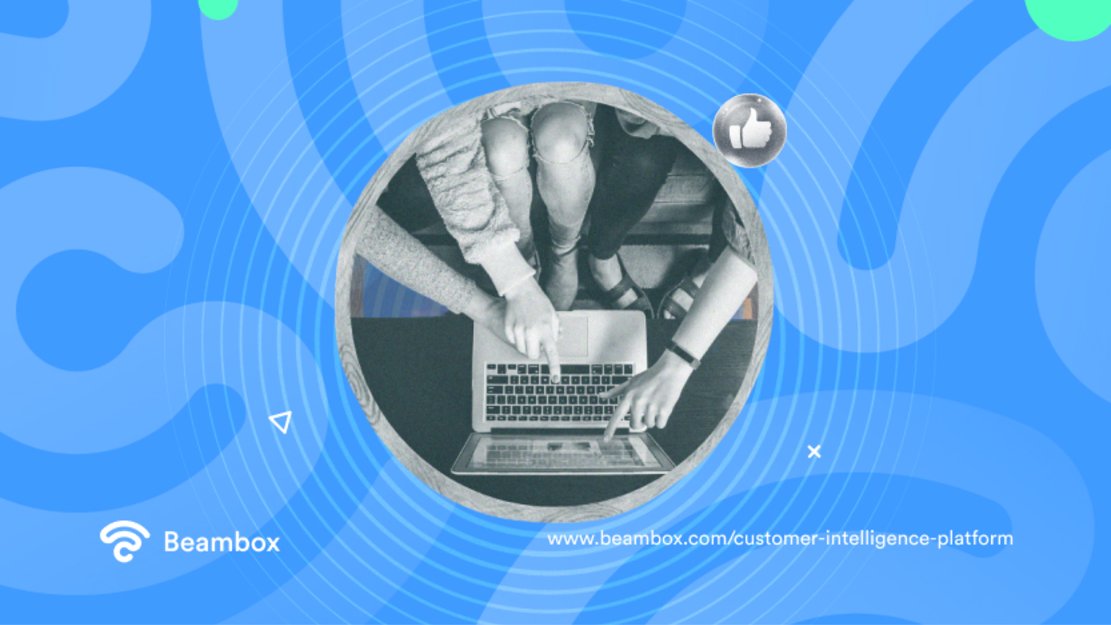
Top 4 Customer Intelligence Software in 2023
To stay ahead in a competitive market, marketers are constantly seeking the best customer intelligence software available. Due to the various features each tool provides, it becomes difficult to narrow down which customer intelligence tool is the best.
For this reason, here is a list of the four customer intelligence platforms you should be using in 2023.
SAS customer intelligence has excellent reviews ranging from 4 to 4.7 stars out of 5 on various review sites. Many customers appreciate how SAS Customer Intelligence 360 handles market strategy optimization.
The software takes the customer itself as its primary focus and activates a personalized customer journey. It listens to all the interactions at the various stages of the customer journey and combines the data. It collects known and anonymous customer information and neatly organizes it in the form of interactive data. This makes it easy for marketers to interpret and analyze consumer insight in depth.
Even though it is one of the best products on the market, many have complained about the technical setup procedure.
IBM Predictive Customer Intelligence hints at the use of artificial intelligence by using the word “predictive” in its name. This customer intelligence platform uses AI to help businesses analyze and predict customer behavior and preferences.
By leveraging advanced algorithms and machine learning techniques, IBM Predictive Customer Intelligence enables companies to gain valuable insights. This innovative tool enhances customer engagement and boosts overall business performance.
Despite its powerful capabilities, some users have expressed concerns about the complexity of integrating this platform into their existing systems.
Amperity AmpIQ is the best audience segmentation software. It provides a range of segmentation tools for marketers, some of which are:
- Creating customer profiles based on demographic and behavioral data
- Identifying high-value customer segments
- Personalizing marketing campaigns to increase conversion rates
- Identifying customer lifetime value
- Measuring campaign success
Its rating is excellent, with many users appreciating its clean and friendly interface, non-technical setup, and various segmentation features. However, it does have a few limitations, such as tracking campaign-specific reporting.
This customer intelligence platform comes with a human touch. Customer support is available for every intelligence tool, but the Beambox marketing platform does not solely rely on artificial intelligence. Instead, Beambox combines AI capabilities with personalized assistance, ensuring that users receive the best of both worlds. This unique approach sets Beambox apart from other customer intelligence platforms and allows for a more comprehensive business experience.
Beambox has a strong foothold in various industries, such as restaurants and cafes, hotels, retail stores, etc. They capture customer data using guest WiFi and analyze it to provide valuable consumer insights by identifying patterns and trends. This combination of AI and expert guidance sets Beambox apart as one of the top customer intelligence software in 2023. Learn more about what this tool has to offer and grow your business.
Get Started With Free WiFi Marketing
Beambox helps businesses like yours grow with data capture, marketing automation and reputation management.
Sign up for 30 days free